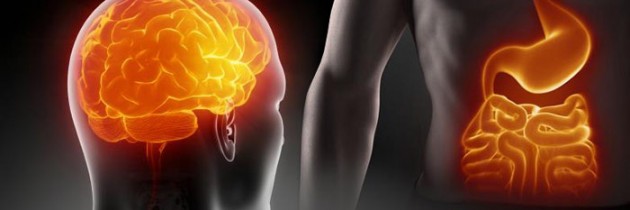Gut Check: Your Two Brains
There are many facets to the human body, some known and some not so well known. One area that we are learning more about is our brain..or should I say our ‘brains.’
Yes, you read that right. We humans have two brains…really. We tend to think of the brain in our head as the command center from which all physiological functions occur. But there is another kind of intelligence that you may not know about – your other brain.
Our digestive tract houses a very critical part of how we perceive a variety of emotion-based sensations and not just digestion. The gut is referred to as the other nervous system: the ‘enteric nervous system’ that is really the brain in your belly. The belly brain is located under the mucosal lining and between layers of the esophagus, the stomach and the small intestine. You know that feeling of having ‘butterflies’ in your stomach or a lump in your throat or what about that ‘gut feeling?’
The enteric nervous system is rich is neurochemicals and produces an immense amount of neurotransmitters found in the cranial brain such as serotonin and dopamine – feel good chemicals. In fact, the gut produces 95% of the chemical serotonin. This gut brain not only senses and control events in the digestive tract, but throughout other parts of the body as well, including your emotions. This belly brain contains more than 100 million nerve cells – more than the spinal cord.
The enteric nervous system brain is connected to the central nervous system brain and influences not just mood, but plays a key role in disease processes as well. In fact, 70% of our immune system is located in our digestive tract. Despite its deep reach in terms of our health and emotions, it does not play a part in our conscious thinking or decision-making.
An example of how tied our gut is with our emotions, Dr. Emeran Mayer, professor of medicine and psychiatry at the University of California, stated up to 70 percent of the patients he treats for chronic gut disorders had experienced early childhood traumas like parents’ divorce, chronic illnesses or parents’ deaths. “I think that what happens early in life, along with an individual’s genetic background, programs how a person will respond to stress for the rest of his or her life”
Taking care of both brains is going to serve us well in many areas of health. By reducing stress, choosing a healthy nutrient dense diet and listening to your gut. You will help to create emotional and physical life-long health.





